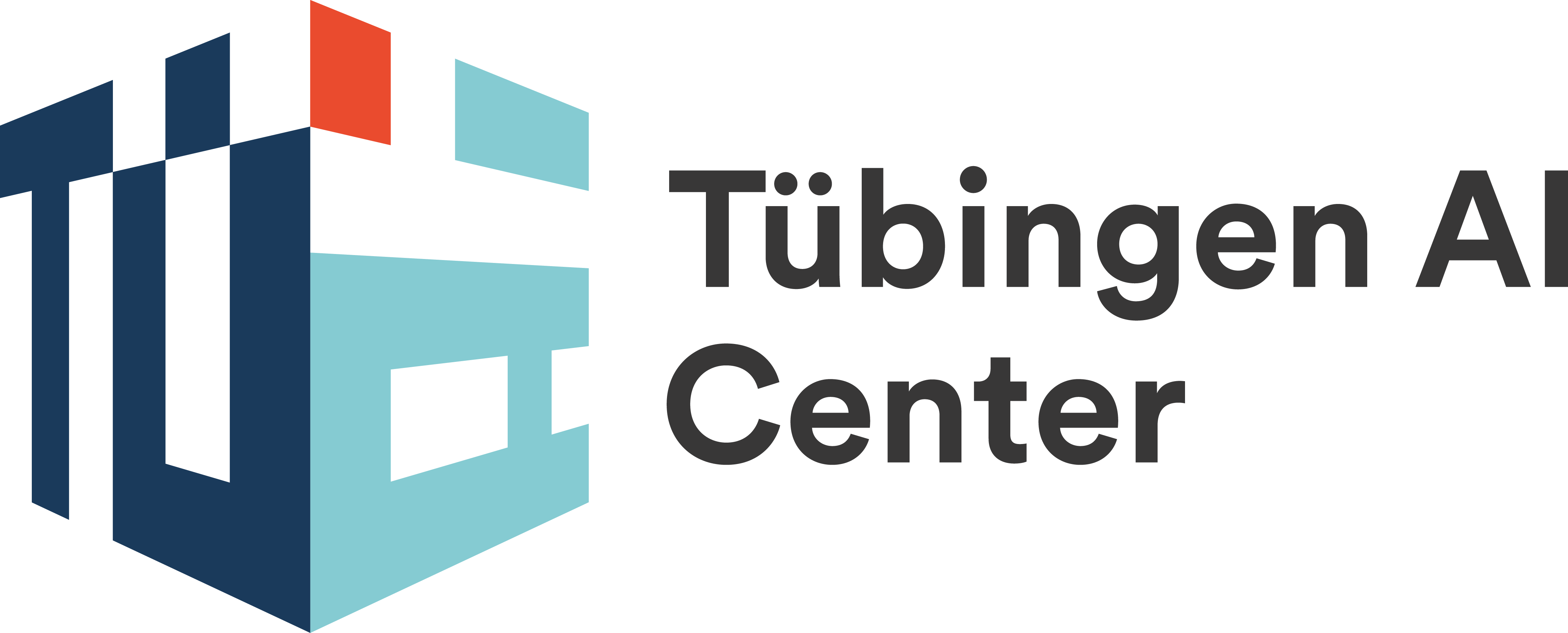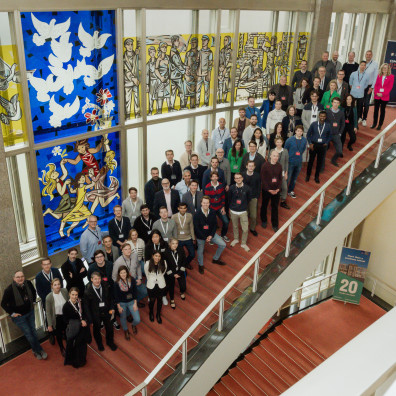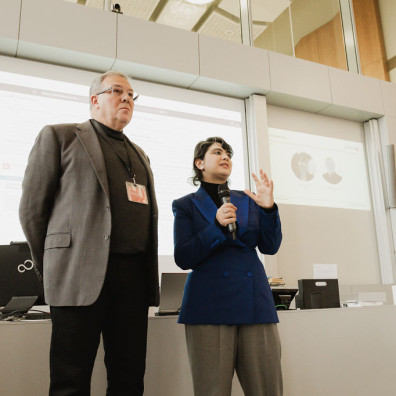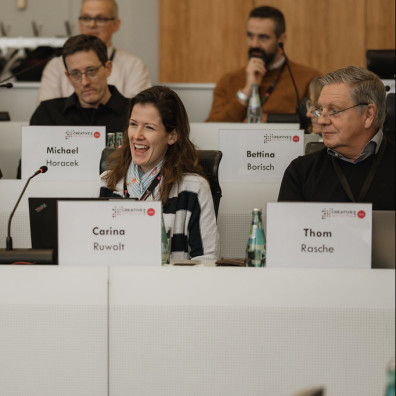DEEP = Different
Tailored for Depth
Recognizing that deep tech demands more than traditional startup strategies, we focus on de-risking technologies through vertical and stage specific interventions.
International Network
Through strategic alliances with established industrial and governmental actors as well as an extensive global network, we enable cross-industry innovation and breakthrough commercialization of research.
Proven Track Record
We offer unparalleled access to a broad alumni network of top-tier deep tech startups across diverse key industries.
Multidisciplinary Expertise Enabling Innovation
Our team of seasoned entrepreneurs and domain experts bridges the gap between science and business by understanding and navigating the unique challenges and opportunities in each vertical.
We work with the Deepest
Nowhere else can you work alongside such a remarkable group of genuine, successful entrepreneurs, investors, corporate leaders, and researchers.
Our Verticals = Our Expertise
Lifescience
LAUNCHED 2022
Addressing most challenging human diseases and promoting human longevity; leveraging innovation in:
- Therapeutics
- Diagnostics
- Medical Devices
Natural Capital
LAUNCHED 2024
Addressing the challenges in conserving and utilizing natural resources; leveraging innovation in:
- Sustainable resource management
- Waste reduction & circular economy
- Ecosystem restoration and biodiversity conservation
# DEEP x Series & Corporate Venturing
Compute
LAUNCHED IN 2024
Addressing the challenges in next generation computing and leveraging innovation in:
- New, advanced computing concepts (quantum, photonics, neuromorphic)
- Artificial Intelligence
- Resource-efficient computing solutions
Cybersecurity
LAUNCH 2025
Addressing the challenges in the global cybersecurity landscape and leveraging innovation in:
- New, advanced cybersecurity tools and protocols
- Cyber risk mitigation and threat elimination
- Resilient cybersecurity infrastructure & defense mechanisms
# DEEP Research
Food
LAUNCH PLANNED 2025
Addressing the challenges in transforming the global food system and leveraging innovation in:
- New, healthy foods and ingredients
- Food waste elimination
- Resilient food production & biomanufacturing
Our Programs = Our Impact
DEEP Qatar: Expanding deep-tech innovation to the Middle East
DEEP Qatar is the result of the long-standing partnership between ESMT Berlin, the Qatar Investment Authority (QIA) and the Qatar Research, Development, and Innovation Council (QRDI). Based in Doha, it brings together researchers, founders, and investors from Germany and Qatar and supports science-driven entrepreneurship through programs such as DEEP Academy, DEEP Pioneers, and the Creative Destruction Lab.
We go deep = Our Research
DEEP Research
We get from anecdotal to actual evidence.
Our think and action tank is embedded in ESMT’s world-class faculty and strong scientific community. Through the Joachim Faber Chair in Business and Technology, we are creating evidence around deep tech innovation and developing policy recommendations.
DEEP People
DEEP Initiators & Supporters
Jörg Rocholl

Joachim Faber

Marco Janezic

Matthias Koch
Our partners and supporters








Companies and institutions we have worked with




























































